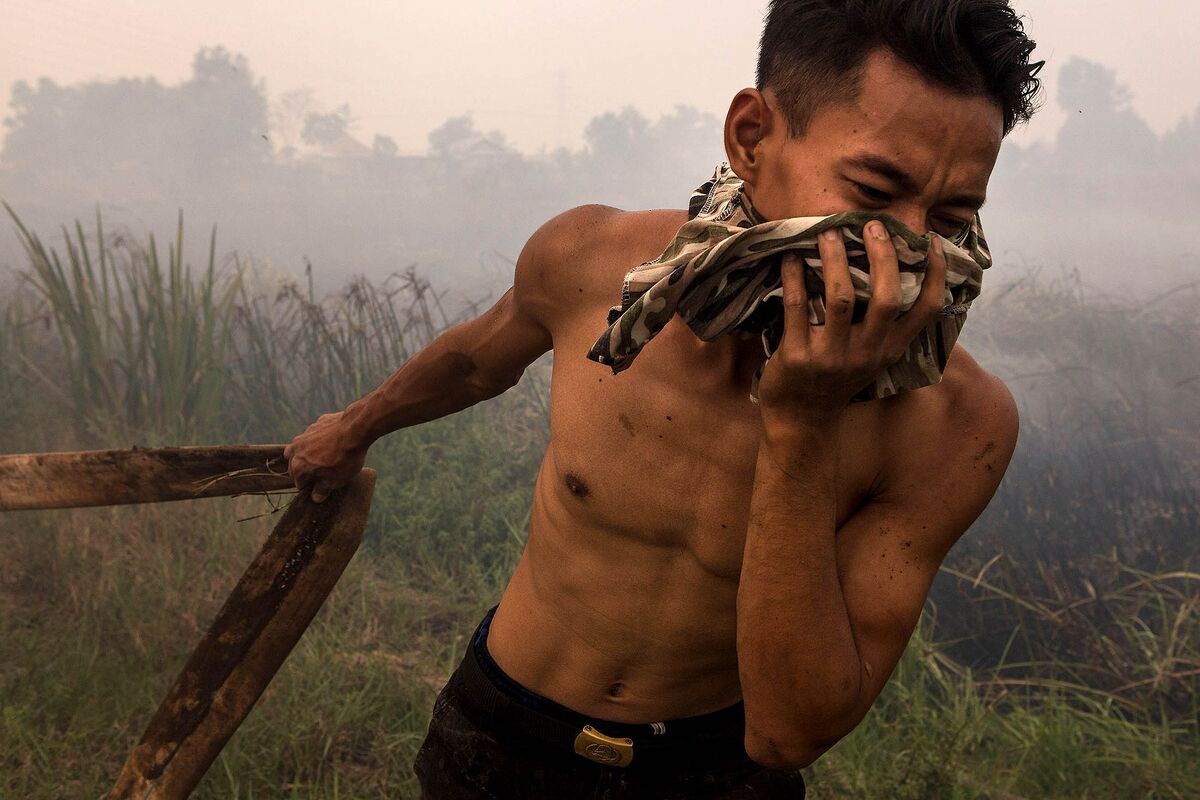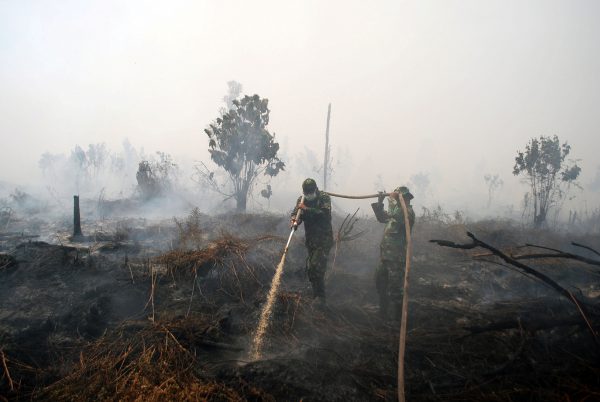With El Niño intensifying, officials are preparing for the worst transboundary haze in Southern Southeast Asia since before the 2019 pandemic.
As climate change escalates, these seasonal haze events are expected to worsen, as global warming makes peatlands and forests more susceptible to fire.
Southeast Asia, which contains about 40% of the world’s peatlands, faces significant challenges as fires and the resulting toxic haze contribute to climate change.
This ongoing issue has caused severe respiratory health problems, deaths, and economic losses across the region for decades.
Helena Varkkey, an environmental politics expert at Universiti Malaya, notes that governments often treat haze and climate change as separate rather than interconnected problems.

Despite regional agreements, including a 2030 commitment to clear skies, the haze persists, raising doubts about the effectiveness of ASEAN agreements, many of which lack strong enforcement mechanisms.
Recent disputes between countries have exacerbated the problem. For instance, Indonesia’s Environment Minister denied that hazardous haze was affecting Malaysia, despite worsening air quality there. This stance reflects a broader pattern of regional denial and discord.
The 2015 and 2019 haze crises saw extensive forest burning in Indonesia, with 2.7 million hectares burned in 2015 and 1.6 million hectares in 2019. These events caused significant damage and economic losses, with the World Bank estimating 2019’s fires cost Indonesia $5.2 billion.
This year’s fires, though smaller in scale, still pose a severe threat due to El Niño. Peatlands, crucial carbon sinks, are particularly vulnerable. Drained and burned peatlands release substantial greenhouse gases, accelerating global warming.
Addressing these fires involves tackling the root causes, such as the expansion of palm oil plantations. While some companies have committed to sustainable practices, not all have upheld their promises.
Regional initiatives and legislation are in place, but more integrated and effective measures are needed to tackle both haze and climate change.

